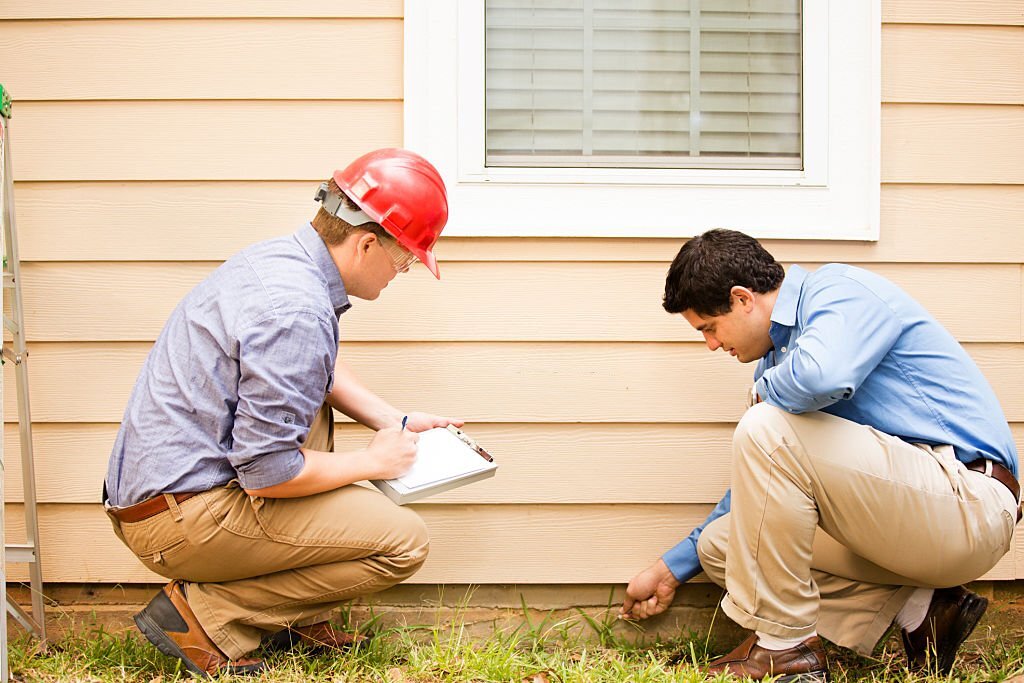Home inspections are a critical part of any real estate transaction, but also subject to many misconceptions. Myths and outdated assumptions result in homebuyers failing to get inspections, choosing the wrong inspectors, or misinterpreting the results. This leads to nasty surprises down the road that could have been avoided. Let’s debunk some of the most common myths in Home Inspection Maryland.
Here are the some common Myths:
Myth #1: Inspections Are Not Needed on New Construction
Even newly built homes can suffer from improper materials, rushed construction schedules, and inexperienced subcontractors. New homeowners may be shocked to find leaks, cracked foundations, electrical issues, or HVAC defects after move-in. Inspections help identify flaws while still under builder warranty periods for repair at no cost.
Myth #2: Inspectors Can Verify Permits & Code Compliance
While inspectors check for safety issues, they cannot confirm proper permitting or full code compliance. Research documents yourself and follow-up on any questionable contractor work. Assuming codes were followed can prove costly when problems surface later.
Myth #3: Minor Cosmetic Issues Don’t Matter
Small issues like cracked grout or squeaky floors may seem trivial, but can indicate larger issues below the surface. Inspectors flag these minor issues for a reason, so they warrant further investigation before closing.
Myth #4: Inspectors Can Catch Any Major Defect
General home inspectors provide limited visual reviews, not exhaustive forensic analysis. Specialist inspections for roofing, septic, mold, pools, etc. are still recommended for hidden conditions beyond an inspector’s scope.
Myth #5: Older Homes Require More Inspections
A newer property can have just as many issues as an old house, if not more from rushed construction. Do not skimp on inspections simply due to the age of the home. Thorough reviews are vital on any property.
Myth #6: Cosmetic Updates Mean No Big Issues
A beautiful remodel provides no guarantee of quality or safety. The fountain, floors and fixtures may dazzle, but hidden electrical, plumbing and structural problems can still lurk behind those pretty new surfaces.
Myth #7: Inspection Photos Reveal All Issues
Online listings may include a sample of inspection photos, but they rarely provide a complete visual record of findings. Relying on these photos leaves many problems undiscovered. Always get your own full inspection with photos documenting all issues.
Myth #8: Inspectors Can Determine Mold Presence
Home inspectors are not trained mold specialists. Mold often lurks out of view and requires air testing or specialist inspection when risk factors like water leaks are present. Never assume a property is mold-free without proper testing. Read more.
Myth #9: Warranties Make Inspections Unnecessary
Home warranties have significant limitations on coverage and maximum payouts. They are not comprehensive insurance policies. Thorough inspections that identify problems not covered by warranties are still essential.
Myth #10: Asking Questions Annoys the Inspector
Good inspectors welcome client questions and involvement. Never be shy about asking anything that comes to mind during the inspection, no matter how minor. It is your home and your money, so understand how everything works.
Myth #11: Inspections Kill Deals
Less than 1% of real estate transactions terminate due to inspection findings. The report simply helps you make an informed decision about any repairs needed before closing. Inspections actually save deals by uncovering issues upfront.
Myth #12: Handymen Can Inspect Electrical and Plumbing
Only licensed electricians and plumbers have the proper training needed to assess these complex home systems and safety considerations. Do not jeopardize your family’s safety with unqualified advice.
Myth #13: Past Inspection Reports Suffice
Get your own current inspection no more than 6 months before closing. Do not rely on old reports or the seller’s inspection. Conditions change over time and their report only provides limited selected information anyway.
Myth #14: Expensive Inspectors Are Best
Higher fees do not always equal a better inspection. Focus less on price and more on experience, training, professionalism, and attention to detail when selecting your home inspector. Ask for references too.
Myth #15: Realtors Handle Inspections
Your agent does not conduct the inspection. They facilitate the process but work first for the seller, not you. Always get a fully objective third-party inspection representing only your interests.
Understanding the realities around home inspections helps buyers maximize the value gained from these evaluations of the property’s condition. Do not rely on assumptions or myths when it comes to protecting your home investment and family safety.

